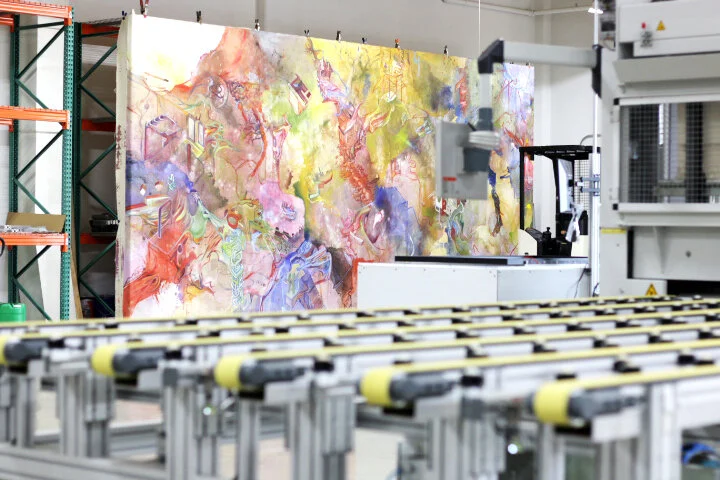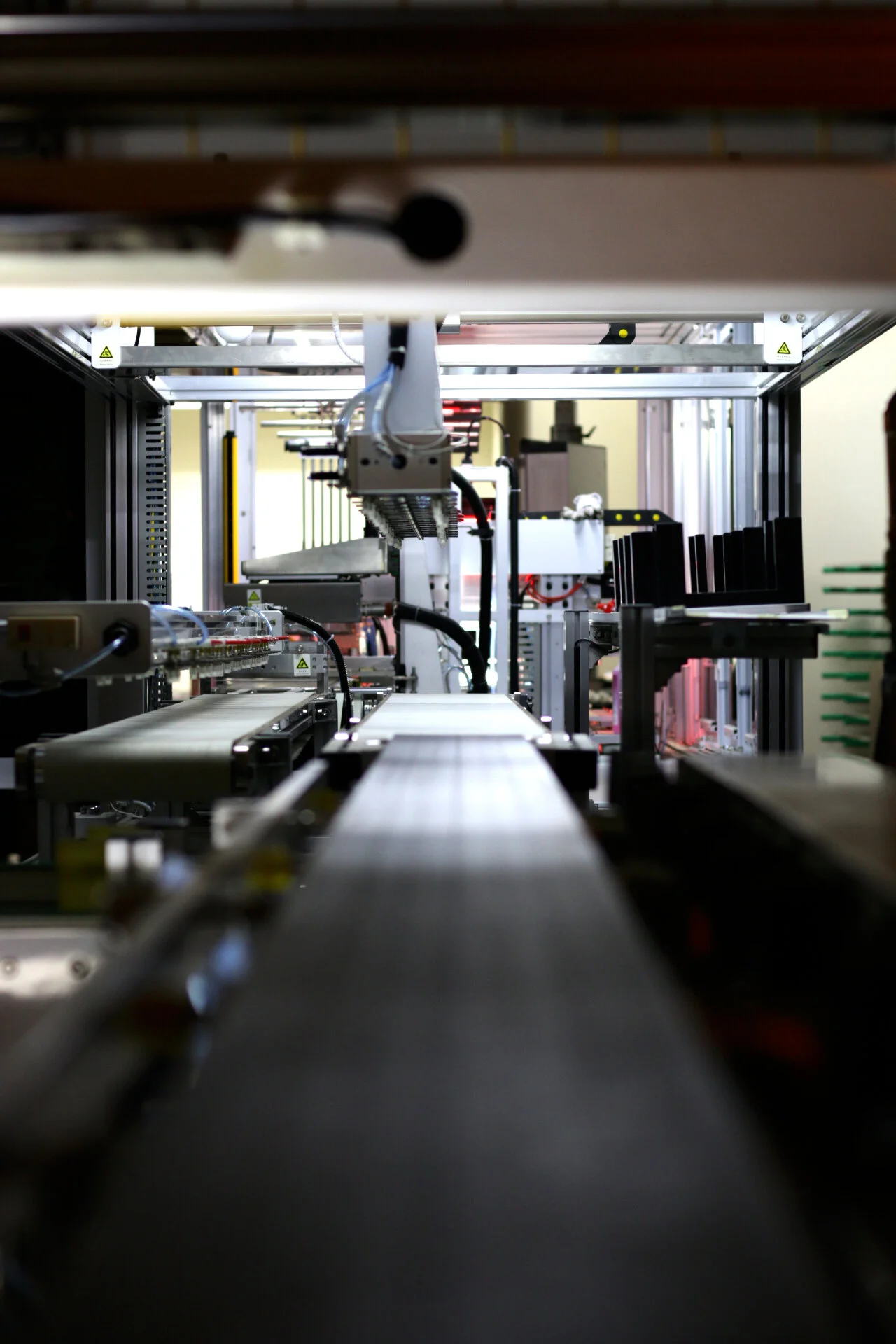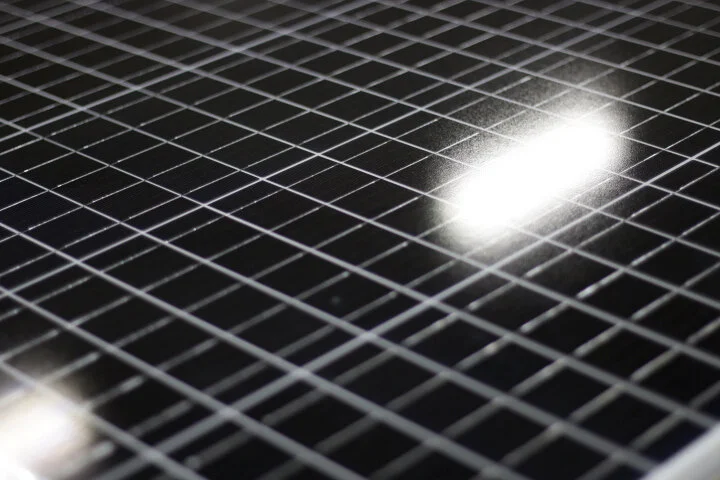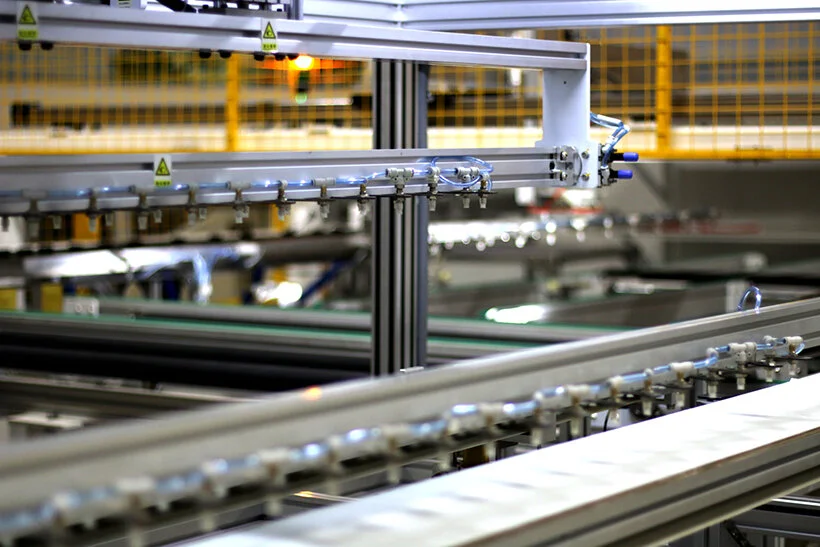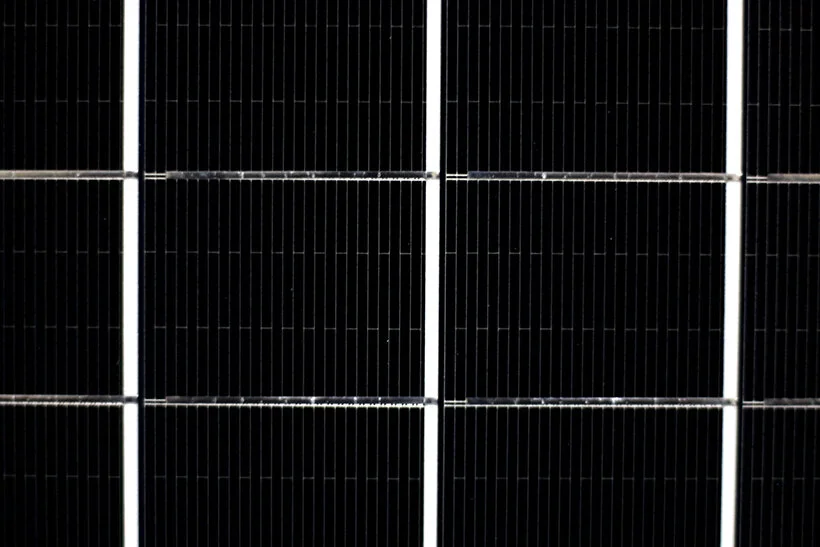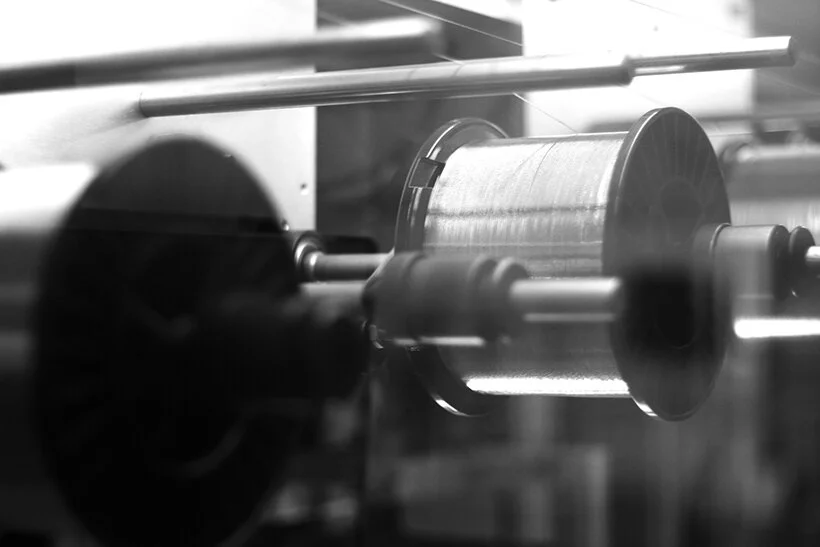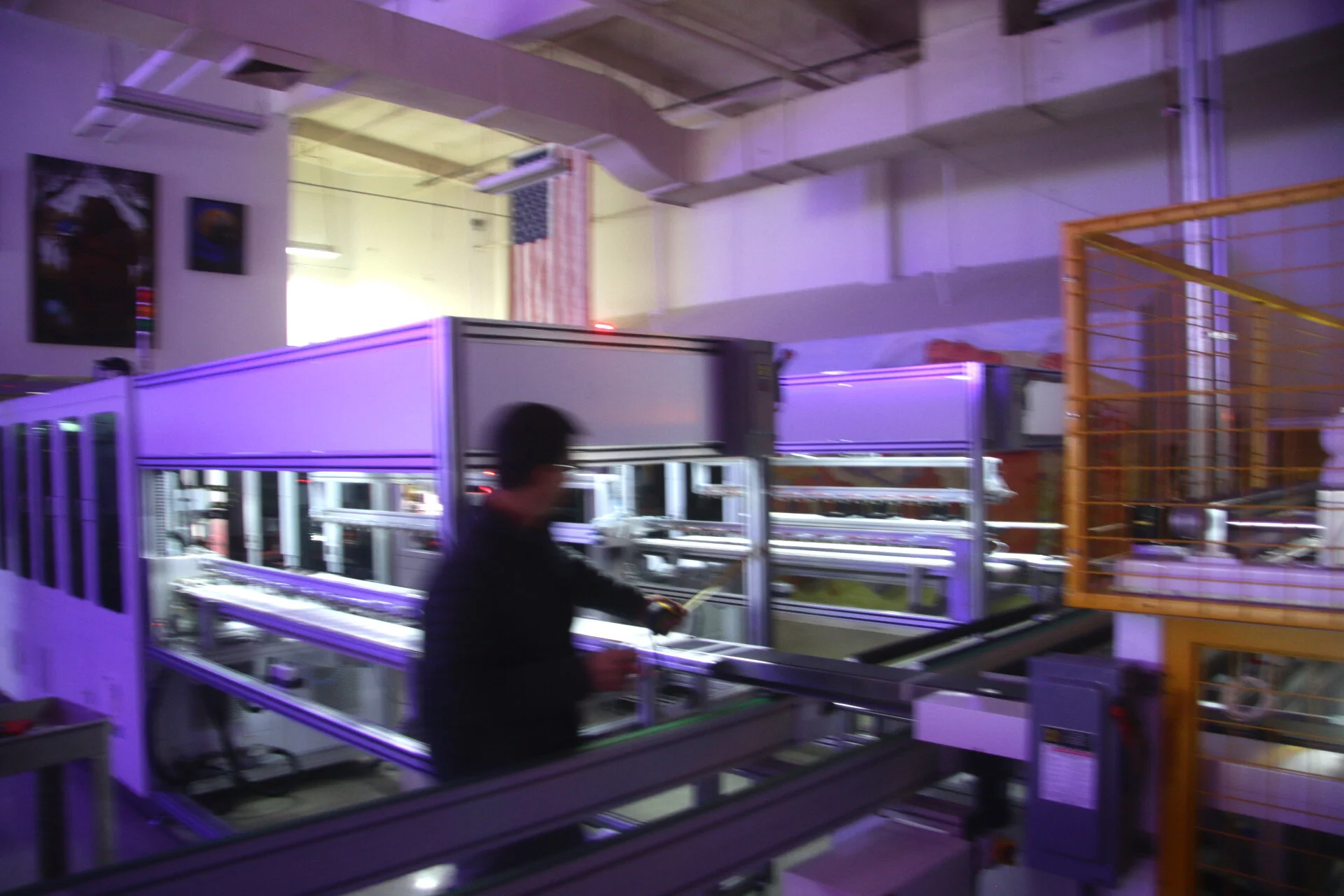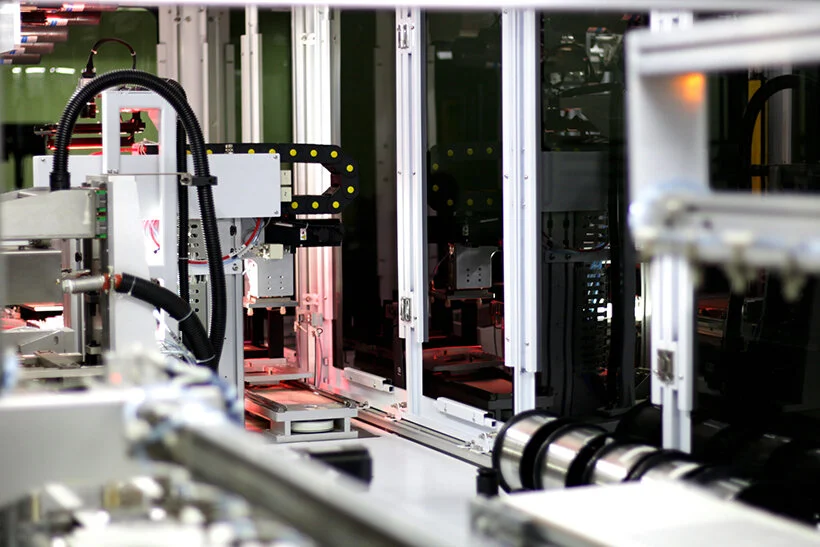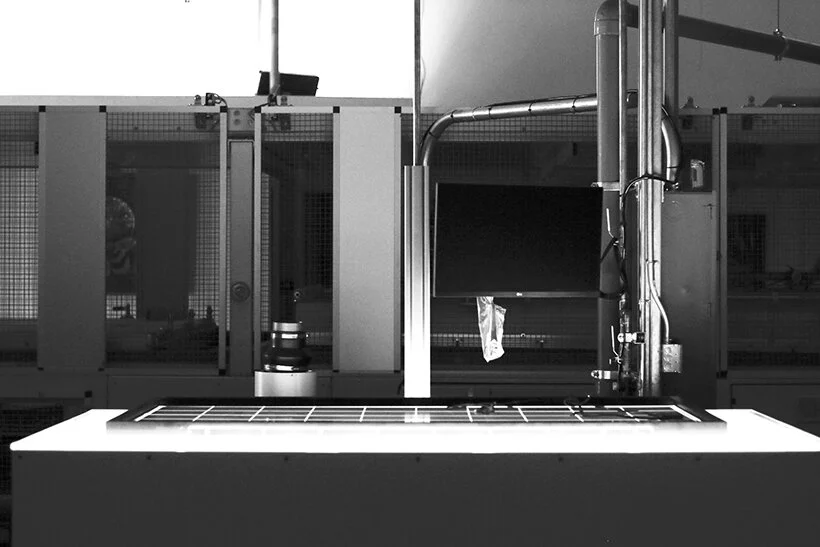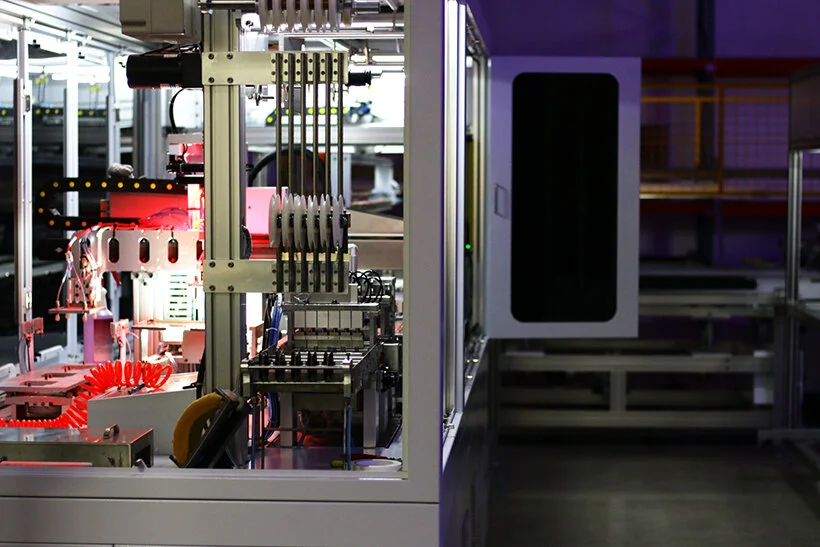How Pomona-Grown Power will Reach Renewable Energy to the Economically Underserved Community 'CHERP'
Rest in Power, Devon Hartman
A Champion for the Environment and Economic Development in the city of Pomona.
Photography Julian Lucas ©2021
Published 05/26/2021 | 7:13am PST
Understanding where to begin when presented with daunting needs can be difficult. However, with innovation and 'thinking outside of the box,' we can always achieve greater heights. Devon Hartman, of Claremont, CA is the Founder and CEO of CHERP, Inc., (Community & Home Energy Revolution Project). Through its project CHERP Solar Works, it will address environmental justice issues, make massive strides in mitigating greenhouse gases, and create jobs and economic stimulus at the local level by helping cities around the country build their own locally owned and operated nonprofit solar panel assembly factories, generate solar energy locally, and provide this energy for free to the lowest income households in their community.
Recently, Devon hosted a virtual evening of creators, engineers, stakeholders, politicians, and artists to celebrate the launch of the first of these factories, located in Pomona, CA. If we weren’t in a pandemic, I am sure there would most likely have been a red-carpet event. "The world's most advanced solar panels, the first of their kind, will be produced locally in the city of Pomona and will mitigate carbon at scale," according to its founder. "It will be the first of its kind to reach underserved communities.”
According to CHERP, the solar manufacturing plant will begin producing these revolutionary smart-panels this fall. What makes these panels so special is their immunity to hot spots, a problem that has plagued the solar industry from the very beginning. This makes them simpler to assemble and significantly more efficient and safer than conventional panels. CHERP’s factory in Pomona will increase city tax-based revenue, build other business opportunities, and serve city buildings, school buildings, homeowners and renters.
CHERP doesn’t stop at generating local energy in a struggling city. During the first 2-3 years alone, the factory will create over 700 jobs, 500 of these being “indirect” jobs as result of the newfound buying power of those workers, Mr. Hartman said. Further, entry level warehouse and installation workers will make between $16 and $20 per hour.
As mentioned on the website, during phase one, 6,000 households with low to moderate incomes in Pomona and Claremont will be provided with solar energy. The shift to solar will save $6.5 million in annual energy bills for these households collectively. The creation of additional income from money saved on utility costs will tend to be spent within the local community, helping build up and revitalize the local economy. It will also alleviate the annual emission of 26,658 metric tons of greenhouse gases. To put this in perspective, this equates to a stunning 66,000,000 car miles or 2,700 trips around the world each year for the next 25 years. In phase 2, CHERP will continue to install PV on homes and businesses as well as replicating their model in other cities.
CHERP confronts and addresses environmental justice issues by targeting households that are low to medium income and providing training and job experience to those facing barriers to the workforce.
Meeting environmental justice and climate change goals requires innovative ideas and initiatives that allow everyone to participate in the movement, and what CHERP is doing is a great example. CHERP has built a business model that is focused from the ground up to help revitalize our local community by combining sustainable energy and sustainable economics. And now, with it’s flagship factory in Pomona, CHERP Solar Works will begin replicating factories across California and the nation. Stay tuned!
To volunteer or find out more information visit www.cherplgp.org or email info@cherp.net.
Photography Julian Lucas ©2021
Julian Lucas, is fine art photographer, photojournalist, and creative strategist. Julian also works as a housing specialist which, includes linking homeless veterans to housing. Julian has lived in Chicago, Inglewood, Portland, and the suburbs of Los Angeles County including Pomona.


